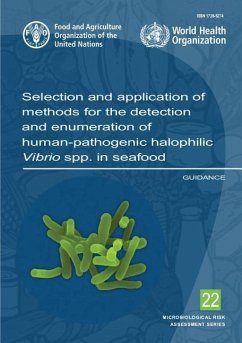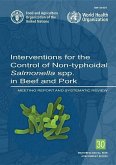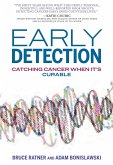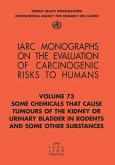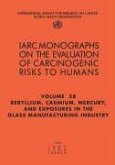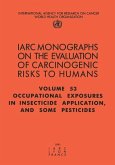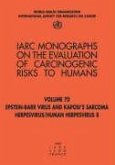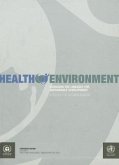One of the challenges in the development of global risk assessments for halophilic Vibrio spp. has been the availability of appropriate datasets from around the world which could be considered to be representative of the range of conditions under which halophilic Vibrio spp. grow and become a problem for seafood safety. Even when data are available, the different methodologies used to generate that data often make it difficult to compare and consolidate globally representative datasets. In order to begin addressing this the Codex Committee on Food Hygiene recommended that the range of test methods available for quantifying V. para-haemolyticus (total and pathogenic) and V. vulnificus in seawater and bivalves be looked at with a view to providing guidance that would facilitate performance evaluation of the methods. This document has been developed in response to that request and is intended to provide sufficient information on methods (but not details of the methods) to inform the selection of the most appropriate methods according to the potential end use of the data generated, for example, harvest area monitoring, post-harvest process verification, end product monitoring, and outbreak investigation.
Hinweis: Dieser Artikel kann nur an eine deutsche Lieferadresse ausgeliefert werden.
Hinweis: Dieser Artikel kann nur an eine deutsche Lieferadresse ausgeliefert werden.

